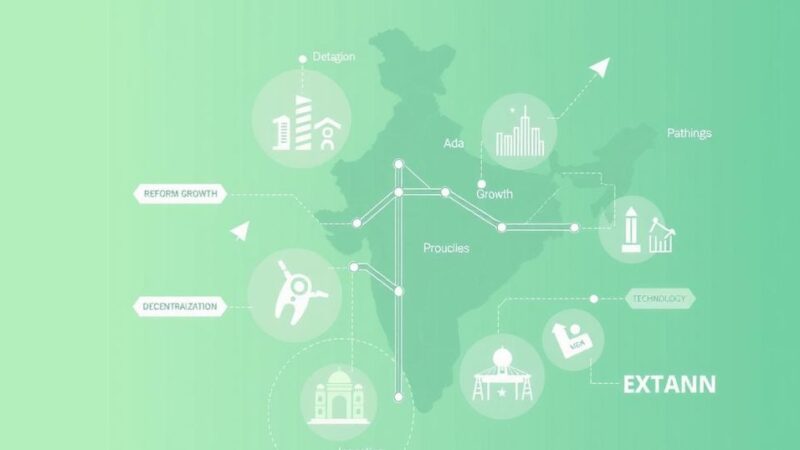Bolivia’s soy farmers in Santa Cruz, facing a severe fuel shortage, are struggling to harvest crops, risking increased debt and food production losses. The government is attempting to ease imports and stabilize prices, but farmers are concerned about the impact on future planting.
Bolivia’s soy farmers face significant challenges as a fuel shortage impacts their harvest capabilities. In the Santa Cruz region, a critical agricultural hub, rising fuel scarcity has already resulted in long queues at gas stations. The root of the issue lies in declining foreign currency reserves and diminishing local gas production, creating an urgent situation for the government of President Luis Arce, which has attempted to stabilize costs through subsidies.
Joel Eizaguirre, a farmer in Santa Cruz, expressed concern that the fuel shortage could lead producers into deeper debt. He warned that if farmers cannot secure sufficient fuel, many may be forced into making alternative choices that will negatively affect the broader agricultural community.
The manager of the oilseed and wheat organization ANAPO, Jaime Fernando Hernandez, highlighted the dire consequences of insufficient diesel for farm machinery. A lack of fuel could jeopardize the harvest of soy, corn, and sorghum, impacting not just crop output but also affecting livestock and poultry production.
In response to the escalating crisis, the Bolivian government is under pressure to facilitate fuel imports. Measures have been initiated that allow the state energy company YPFB to utilize cryptocurrency for purchasing fuel cargoes and settling payments with suppliers.
Farmer Eizaguirre further revealed his preference for paying higher fuel prices rather than risking scarcity. In Bolivia’s current parallel exchange market, the rate has surged to over 11 bolivianos per dollar, compared to the official rate of 6.86, posing significant challenges for farmers planning for the upcoming winter planting season.
The ongoing fuel shortage in Bolivia has created serious concerns among soy farmers, impacting their ability to harvest and plant crops. With increasing debt risks and potential food production loss looming, the government is implementing measures to alleviate the crisis. Farmers express a willingness to pay higher prices for fuel to ensure they can continue their operations. Immediate action is necessary to mitigate the adverse effects on Bolivia’s agriculture sector.
Original Source: www.tradingview.com






